One of the worst experiences I’ve ever been through. No one there actually cares about your well being. They put on a show in the group therapy then berate you in the one on one sessions. No one there wants to actually help you through your problems. I cannot believe this ...
About The Counseling Center at Fair Lawn
The Counseling Center in Fair Lawn, New Jersey provides specialized outpatient care for addiction and mental illness. The staff will use medication assisted treatment, intensive outpatient care, and other services to help you recover from substance use disorder.
Innovative Treatment For Depression
Depression is one of many mental illnesses that can sometimes contribute to substance use disorder. The Counseling Center provides the medication SPRAVATO to assist with treating treatment resistant depression. The medication is a nasal spray that can be taken alone or in tandem with an oral antidepressant.
It’s derived from ketamine and it’s the only formulation of ketamine that’s approved for treating depression. It’s designed to help your brain be more effective at controlling your mood and reducing negative depression symptoms, which as a result, may help you avoid using substances as a coping mechanism.
Combining Medical and Mental Health Care
The facility offers medication assisted treatment to assist you in your recovery from addiction. Suboxone or Vivitrol will be prescribed to prevent your cravings and lower uncomfortable withdrawal symptoms such as stomach aches and muscle aches.
Suboxone is taken orally on a daily basis, and Vivitrol can be administered through a monthly injection. Your counselor will help you resolve the issues causing your addiction and develop relapse prevention strategies to avoid future substance use.
The Counseling Center is less than an hour away from New York City. During your time outside of treatment sessions, you can take a day trip to the city and visit places such as the New York Botanical Garden and the Bronx Zoo.
Latest Reviews
Thank you for your kind words. I'm glad our staff was able to provide the help you needed.
Best of luck!
Rehab Score
Gallery
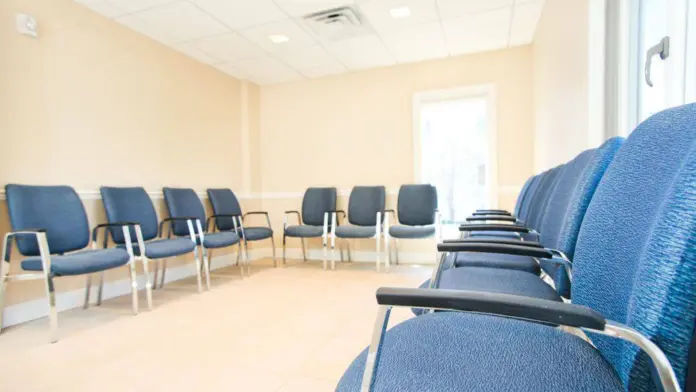
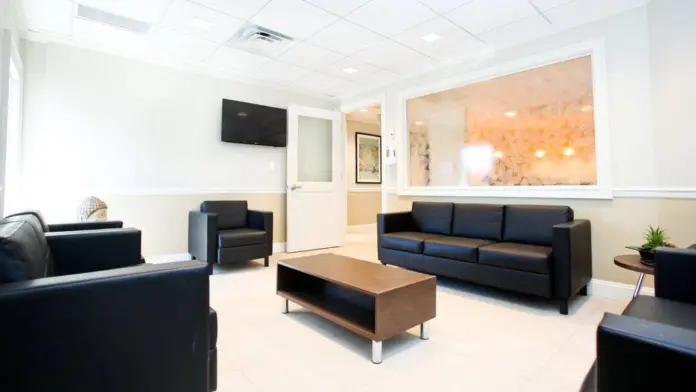
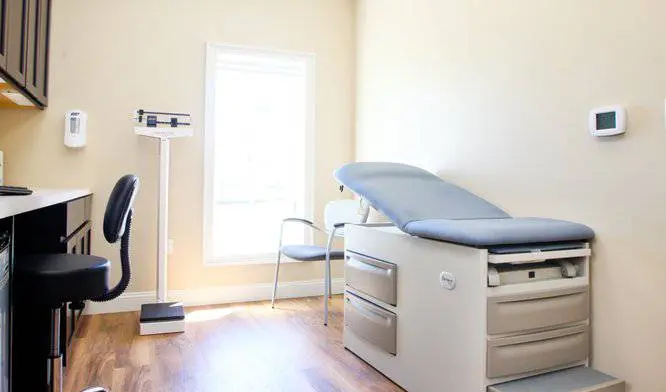
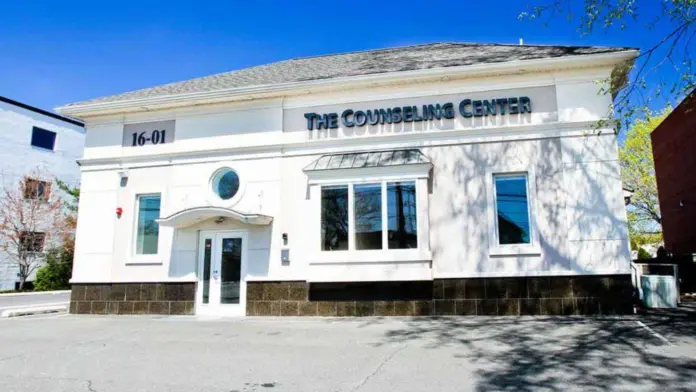
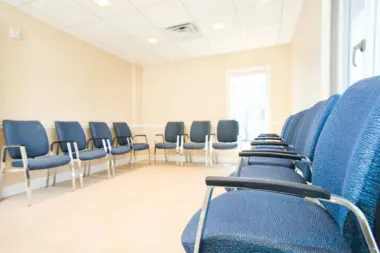
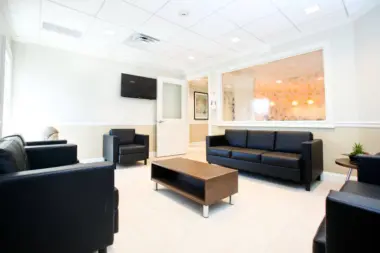
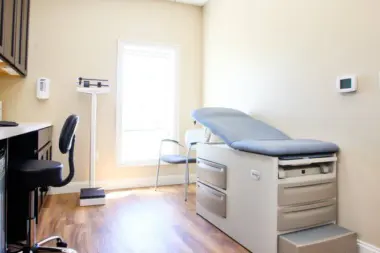
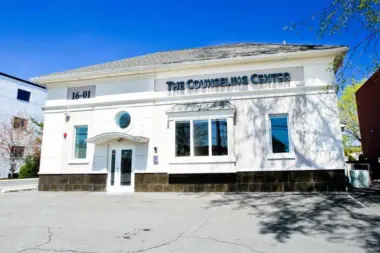
Accepted Insurance




Other Forms of Payment
Private insurance refers to any kind of healthcare coverage that isn't from the state or federal government. This includes individual and family plans offered by an employer or purchased from the Insurance Marketplace. Every plan will have different requirements and out of pocket costs so be sure to get the full details before you start treatment.
Self-pay involves paying for treatment out of your own pocket. You can use savings or credit, get a personal loan, or receive help from family and friends to fund your treatment. If you don't have insurance or your insurance plan doesn't cover a specific program, self-pay can help ensure you still get the care you need.
Military members, veterans, and eligible dependents have access to specific insurance programs that help them get the care they need. TRICARE and VA insurance can help you access low cost or no cost addiction and mental health treatment. Programs that accept military insurance often have targeted treatment focused on the unique challenges military members, veterans, and their families face.
Medicare is a federal program that provides health insurance for those 65 and older. It also serves people under 65 with chronic and disabling health challenges. To use Medicare for addiction treatment you need to find a program that accepts Medicare and is in network with your plan. Out of pocket costs and preauthorization requirements vary, so always check with your provider.
Medicaid is a state based program that helps lower-income individuals and families pay for healthcare. Medicaid covers addiction treatment so those enrolled can use their coverage to pay for rehab. When a program accepts Medicaid the client often pays very little or nothing out of their own pocket.
Sliding scale payments are based on a client's income and family size. The goal is to make treatment affordable to everyone. By taking these factors into account, addiction recovery care providers help ensure that your treatment does not become a financial burden to you or your family, eliminating one barrier to care.
Addiction Treatments
Levels of Care
An individual outpatient treatment program is available for those who continue beyond completion of the IOP program. Two sessions are available, for day and evening attendance. Outpatient programs are for those seeking mental rehab or drug rehab, but who also stay at home every night.
The Fair Lawn IOP (Intensive Outpatient Treatment Program) is a convenient, local substance abuse treatment program for adults, designed to allow continued attendance in school or at work, while providing consistent, reliable counseling and group support right in the home community. Every client begins with 4 sessions per week, but with successful progression through a 6-8 week IOP program, this may be reduced (depending on clinical discretion).
12-step programs are addiction recovery models based on Alcoholics Anonymous (AA). The 12 Step approach to counseling is very effective, and forms the basis of peer support that has proven to be essential for successful recovery in many cases. Most of their individualized client treatment plans include participation in 12-step meetings.
Completing a drug or alcohol rehab program shouldn't spell the end of substance abuse treatment. Aftercare involves making a sustainable plan for recovery, including ongoing support. This can include sober living arrangements like halfway houses, career counseling, and setting a patient up with community programs like Alcoholics Anonymous (AA) or Narcotics Anonymous (NA).
Clients often enter inpatient rehab following detox, but they may also enroll during early recovery or at an increased risk of relapse. Inpatient rehabs provide housing, meals, and intensive clinical supervision, allowing clients to focus exclusively on their recovery in a highly structured and supportive environment. Clients typically receive multiple individual, group, and/or family therapy sessions weekly. Many programs also offer extensive addiction education and recovery-focused life skills training. Integrative inpatient rehabs provide holistic therapies as well.
A partial hospitalization program (PHP) is a short-term, intensive outpatient option designed for those with moderate to severe addictions who don't require 24-hour care. PHP treatment is often fully covered by insurance and provides structured programming (i.e. individual and group therapy). A typical partial hospitalization program can meet 3-5 days a week for a minimum of 20 hours, offering intensive treatment during the day while allowing you to return home after. PHP treatment duration can vary based on your progress but averages 90 days.
A medical detox is the safest way to wean your body off addictive substances. When you become physically dependent on alcohol or drugs, quitting abruptly can cause a host of challenging and uncomfortable withdrawal symptoms. In medically assisted detox, a team of medical professionals will be on hand to monitor any symptoms, to provide medication if possible, and to help keep you as safe and as comfortable as possible throughout this process.
Treatments
The goal of treatment for alcoholism is abstinence. Those with poor social support, poor motivation, or psychiatric disorders tend to relapse within a few years of treatment. For these people, success is measured by longer periods of abstinence, reduced use of alcohol, better health, and improved social functioning. Recovery and Maintenance are usually based on 12 step programs and AA meetings.
Drug rehab in New Jersey is the process of addressing the complex issues involved with addiction. Challenges are identified and addressed through individual and group counseling. Participants learn how to manage these issues without the use of substances.
Many of those suffering from addiction also suffer from mental or emotional illnesses like schizophrenia, bipolar disorder, depression, or anxiety disorders. Rehab and other substance abuse facilities treating those with a dual diagnosis or co-occurring disorder administer psychiatric treatment to address the person's mental health issue in addition to drug and alcohol rehabilitation.
A combined mental health and substance abuse rehab has the staff and resources available to handle individuals with both mental health and substance abuse issues. It can be challenging to determine where a specific symptom stems from (a mental health issue or an issue related to substance abuse), so mental health and substance abuse professionals are helpful in detangling symptoms and keeping treatment on track.
Opioid rehabs specialize in supporting those recovering from opioid addiction. They treat those suffering from addiction to illegal opioids like heroin, as well as prescription drugs like oxycodone. These centers typically combine both physical as well as mental and emotional support to help stop addiction. Physical support often includes medical detox and subsequent medical support (including medication), and mental support includes in-depth therapy to address the underlying causes of addiction.
Programs
Adult rehab programs include therapies tailored to each client's specific needs, goals, and recovery progress. They are tailored to the specific challenges adult clients may face, including family and work pressures and commitments. From inpatient and residential treatment to various levels of outpatient services, there are many options available. Some facilities also help adults work through co-occurring conditions, like anxiety, that can accompany addiction.
Young adulthood can be an exciting, yet difficult, time of transition. Individuals in their late teens to mid-20s face unique stressors related to school, jobs, families, and social circles, which can lead to a rise in substance use. Rehab centers with dedicated young adult programs will include activities and amenities that cater to this age group, with an emphasis on specialized counseling, peer socialization, and ongoing aftercare.
Recovery is most successful when clients feel accepted and validated by their peers and treatment providers. Facilities that offer LGBTQ-inclusive programming are committed to creating a safe space where everyone can grow and recover without fear of judgment or discrimination. They will have dedicated policies in place to create a safe and supportive environment that fosters free expression.
Serving in the military is both mentally and physically challenging, and can result in trauma that persists even after combat ends. Military programs are tailored to the specific and often complex needs of active duty personnel, veterans, and military families. Clients often access these programs through the U.S. Department of Veterans Affairs (VA).
Clinical Services
Whether a marriage or other committed relationship, an intimate partnership is one of the most important aspects of a person's life. Drug and alcohol addiction affects both members of a couple in deep and meaningful ways, as does rehab and recovery. Couples therapy and other couples-focused treatment programs are significant parts of exploring triggers of addiction, as well as learning how to build healthy patterns to support ongoing sobriety.
Research has shown the individuals whose families are involved in treatment have a much better prognosis and a higher success rate. The Counseling Center at Fair Lawn will make a concerted effort to include family members in treatment whenever possible. The goal of the family education program is to provide family members with information and support that will assist clients in their recovery. A family education group will be held every week (typically Wednesday from 6:30 pm to 10:00 pm, but please check the schedule).
Group therapy is any therapeutic work that happens in a group (not one-on-one). At The Counseling Center, they seek to always run small group meetings of 10 people or less. They find that smaller groups are more comfortable for those participating and sharing, and allow for more careful review of important topics under discussion.
In individual therapy, a patient meets one-on-one with a trained psychologist or counselor. Therapy is a pivotal part of effective substance abuse treatment, as it often covers root causes of addiction, including challenges faced by the patient in their social, family, and work/school life.
Cognitive behavioral therapy (CBT) in New Jersey typically follows a set structure of treatment. The therapist helps clients identify their life challenges and their thoughts surrounding those challenges. The client then learns to identify unhealthy thought patterns and reshape those into healthy patterns of thinking and behavior.
Dialectical means opposing. The premise of dialectical behavior therapy is to learn how two things that seem to be opposite can actually be true. You learn how to accept yourself while also making changes. The focus is on accepting your emotions and changing how you manage them.
Motivational interviewing helps clients find their motivation to change. It can be an effective method to work with clients who are angry or hostile or feel insecure about their ability to make changes in their lives. It is often used during addiction treatment or to manage physical health conditions.
Amenities
-
Residential Setting
Staff & Accreditations
Staff
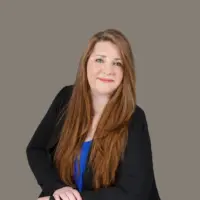
Alicia Jenning, MSW, LCSW, CCSWS, DRCC
Executive Director
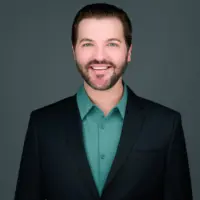
Christopher Rienas, M.D
Psychiatrist
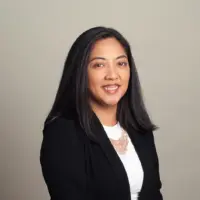
Femy Garcia, MSW, LSW
Clinical Director
Accreditations

The Joint Commission, formerly known as JCAHO, is a nonprofit organization that accredits rehab organizations and programs. Founded in 1951, the Joint Commision's mission is to improve the quality of patient care and demonstrating the quality of patient care.
Joint Commission Accreditation: Yes

LegitScript has reviewed The Counseling Center at Fair Lawn as part of their certification program, and has determined that it meets the LegitScript standards for legality, safety and transparency.
LegitScript verified in
Contact Information
16-01 Broadway
Fair Lawn NJ, 07410









